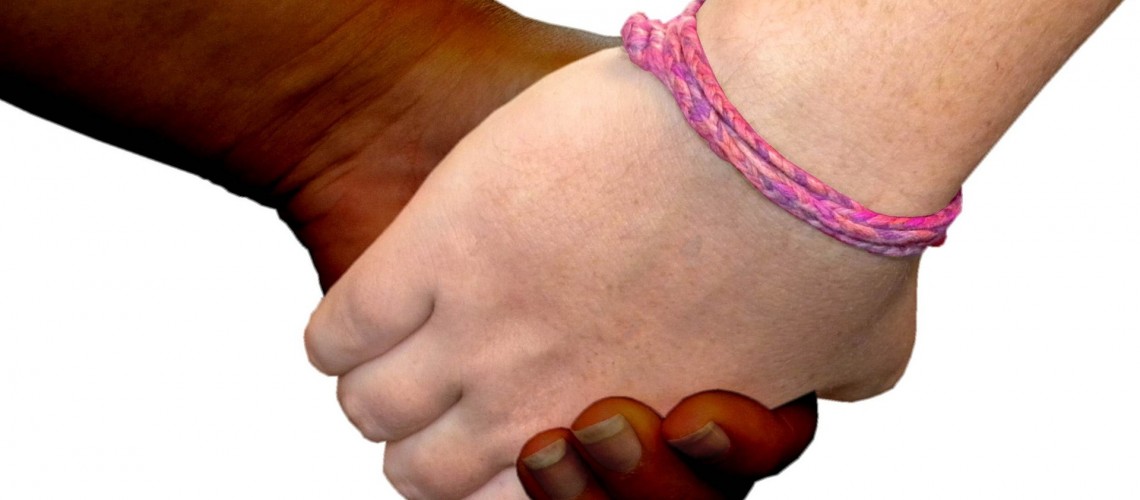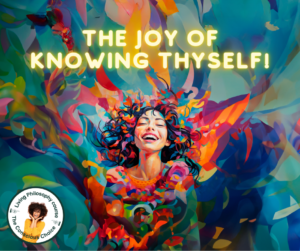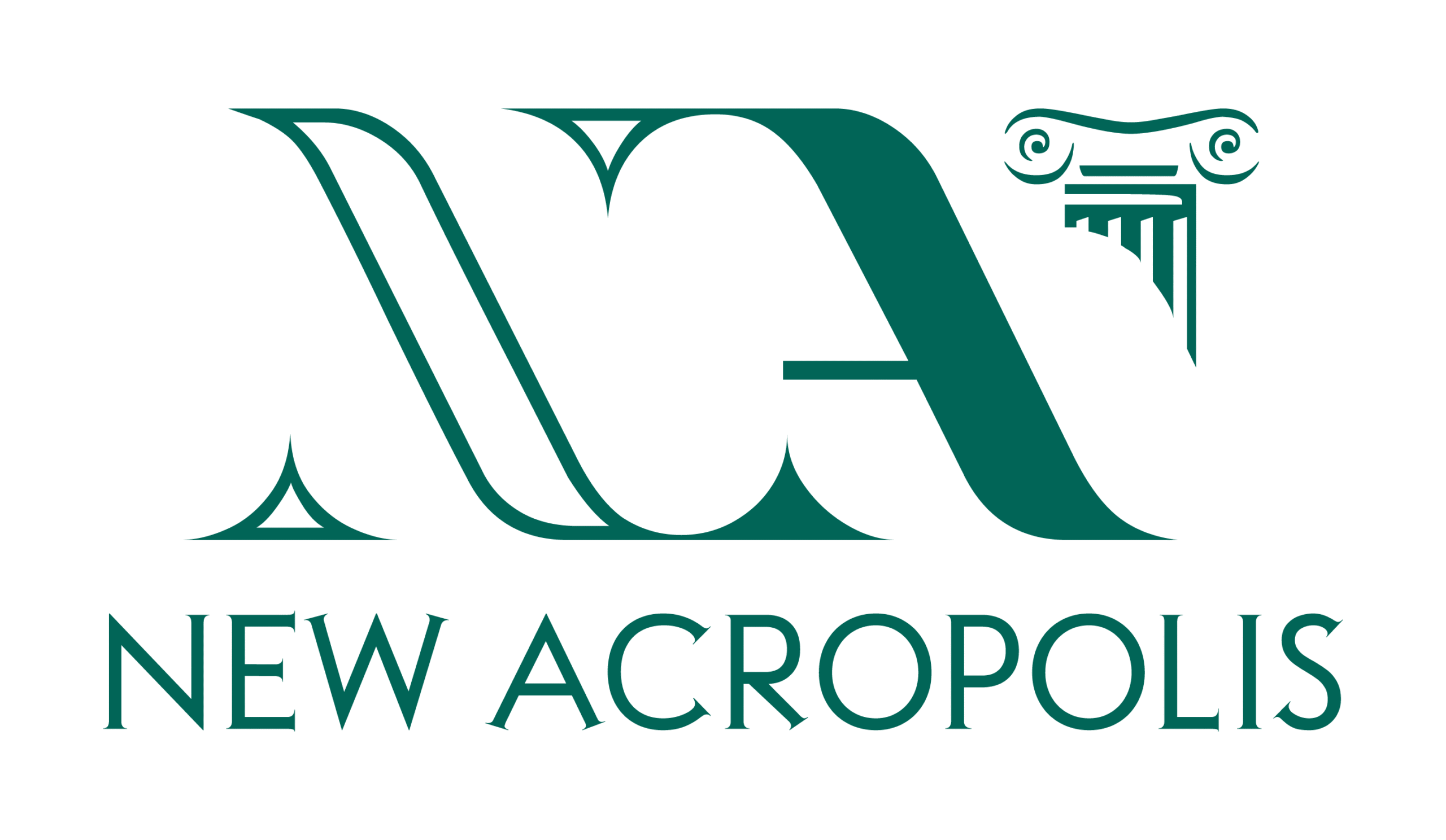
We are all different.
This seems like an obvious statement, but it is often the obvious statements which require the most scrutiny and investigation, exactly because they are the ones we take least time to consider.
Even though we all share the essential experience of a human being, each of us filters this experience through our own personal characteristics and background, and above all through our consciousness, the mysterious element that gives us our sense of individuality and makes us unique and different from any other person on the planet.
Each one of us lives, therefore, a fragment of the human experience.
The reality of a president will be different than that of a miner, or a journalist, the experiences of a female will be different than that of a male, a poor person than a rich.
But whoever we are, none of us experiences the full spectrum of human reality. Therefore, any world-view we may have is incomplete. It is partially based on truth, and partially on ignorance.
If we humbly accept that our world-view is lacking, listen to other world views and observe other ways of life we may actually expand our understanding and construct a wider picture of reality.
However, it seems we are not able to do that, since our differences continue to create conflicts and to resonate with a general lack of tolerance, which is expressed through criticism and mockery against anyone who thinks differently than us, not to mention extreme examples – which unfortunately are becoming less extreme and more the norm – of violence against those who have a different world-view.
Why do we keep fighting about the different ways we wish to live our lives?
In the age of social media we have a world wide forum for dialogue and communication and yet it seems that while there are many speakers, we have less dialogues and more bi-sided monologues, where no one listens to or learns from the other, but just shouts their own view louder.
Perhaps it’s not enough to have a place in which to communicate, but we need to learn to communicate as well.
We all share the experience of a human being, and therefore we all have something in common. By putting this common experience first we can realize that the different shades of reality that we hold are not a problem, but a solution. They allow us to complement each other and to build harmony in our society.
A major ethical principle in harmonious co-existence is to live and let live. Not in the sense of ignoring each other, but in the sense of not enforcing our view on others, yet without being afraid of expressing it, or of listening to others.
It is to make the effort to understand others, and not to think that just because we don’t agree with them, it necessarily makes their ideas unethical.
We need to remember that our world views may be as strange to the other person as theirs are to us.
Our world is facing many problems. If we won’t be able to listen and harmonize the different approaches we have, we will not be able to find the creative solutions necessary to confront these real and immediate challenges. There is a true need for a dialogue that is born in the flexibility of the mind.
In this context some questions come to mind:
Are we quick to judge?
Do we accept the other person’s right to a different world-view?
Do we really understand the other person’s world-view or we just have a caricature of it in our mind? How prejudiced are we by the media and other influential factors?
Accepting our differences, also emphasizes the importance of being authentic.
We cannot accept others if we don’t accept ourselves.
At times we are afraid of being who we are, because we fear that we will not be accepted.
But if we are busy trying to be somebody else, if we are busy trying to be what we think is expected of us, we cannot contribute our piece of the puzzle.
To be authentic does not necessarily mean to be original, extravagant or rebellious.
It just means to be ourselves, and there is nothing more original than that.
But in order to be ourselves, we must take the first step of every philosophical journey: know yourself.
Who am I and what is really me? and what parts of myself are based on social conventions, fears and habits, among others?
The harmony our society needs so much, begins with us accepting ourselves and accepting others.
This is not an easy task, but it is worth it.

The Living Philosophy course is an introduction and foundation towards living life with meaning and awareness. It brings together the thoughts of the most prominent philosophers of the East and West, especially those who left deep marks on humanity. This comparative study of philosophies does not belong to a single thinker or any particular school but is a universal human heritage. It is more than just another course; it is an opportunity to promote philosophy as a way of life and engage deeply with ideas, practice together, and develop skills in a supportive community.
Next batches:
11.02.26, Wednesday 7.30 pm16.03.26, Monday, 7:30 pm
We travel far and wide, gather experiences, and absorb endless information—often in search of clarity, fulfilment, and happiness. Yet across cultures and civilisations, philosophers... Read More
Leadership is not a title — it’s a way of being.Before we can lead others, we must learn to lead ourselves. Authentic leadership begins... Read More
© 2015 Sofarider Inc. All rights reserved. WordPress theme by Dameer DJ.
